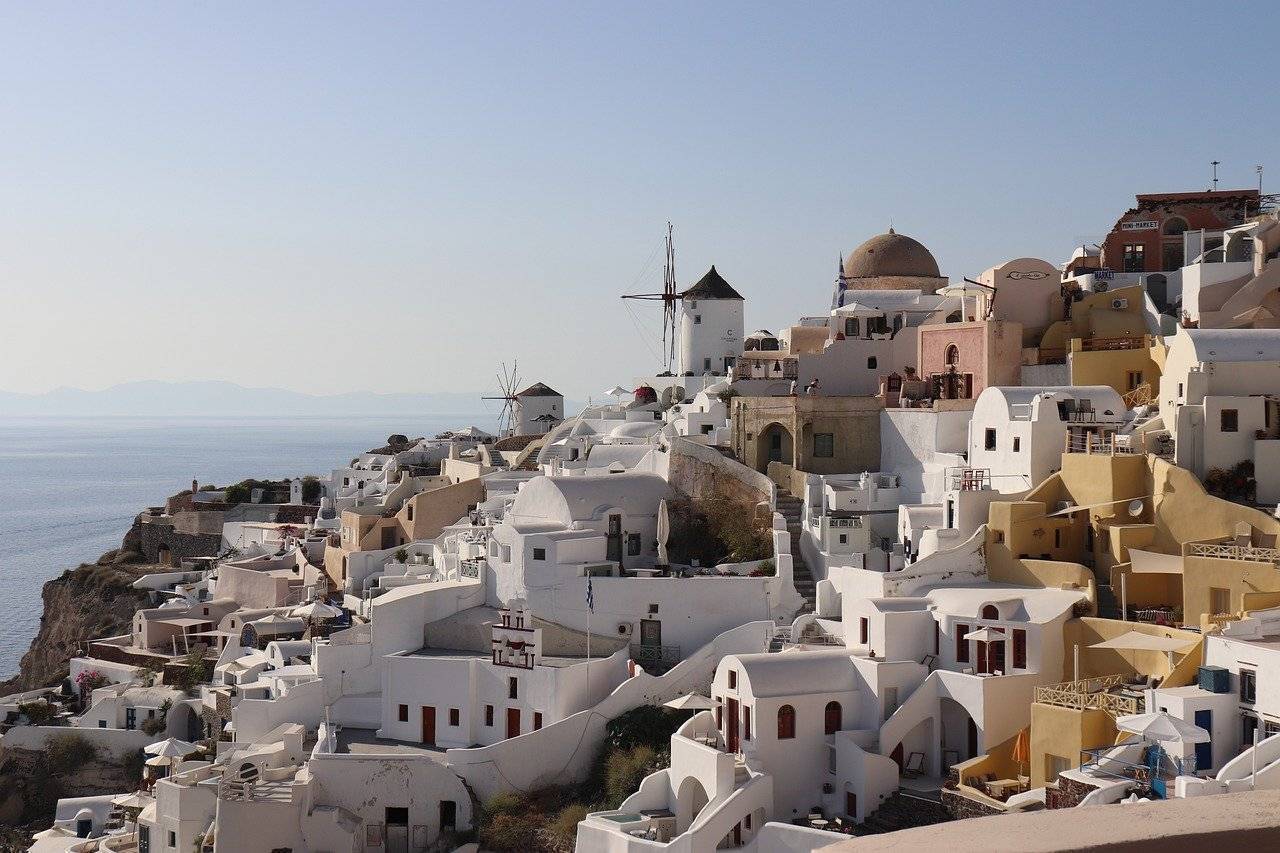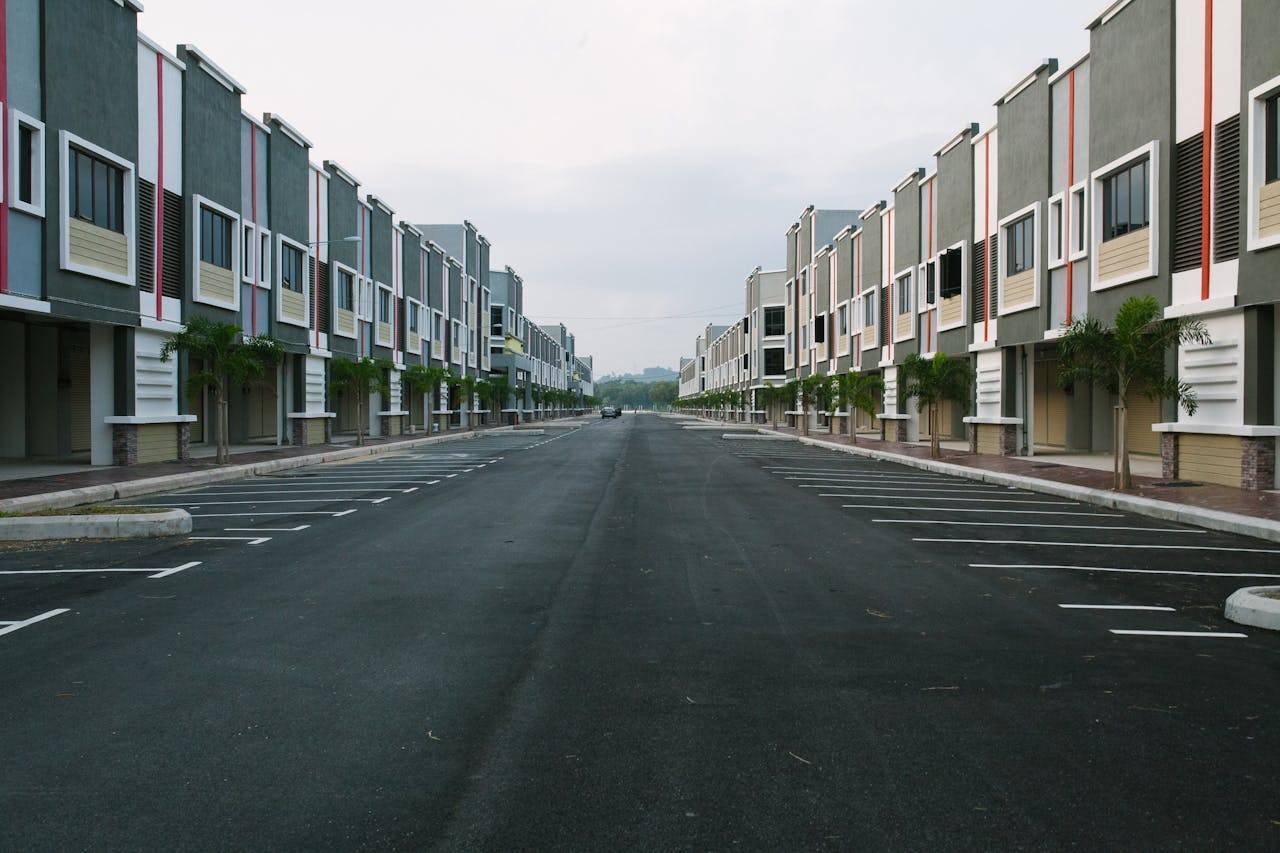In recent months, Greece has witnessed a significant increase in property investments from Indian nationals, largely driven by impending changes to the country’s Golden Visa Programme. Established in 2013, the Golden Visa Programme offers residency or citizenship in exchange for substantial investments in real estate, government bonds, or other approved assets. The programme has become increasingly attractive to wealthy individuals seeking to secure a European residency with a relatively modest investment compared to other Western nations.
New Investment Thresholds
As of September 1, 2024, Greece has revised the requirements for obtaining a Golden Visa, marking a substantial increase in the minimum investment amounts. Previously, investors could secure residency with a minimum investment of €250,000 in real estate. However, the new regulations have raised the threshold to €800,000 in major urban areas and popular tourist destinations such as Athens, Thessaloniki, Mykonos, and Santorini. In less sought-after regions, known as Tier II areas, the investment requirement has been adjusted to €400,000, up from the earlier €250,000.
These changes are part of Greece’s broader housing policy reforms aimed at addressing the pressures on the local housing market. By increasing the investment thresholds, the Greek government intends to alleviate the demand in highly sought-after areas and encourage investment in less congested regions. This policy shift reflects a strategic move to balance local housing needs while continuing to attract foreign capital.
Surge in Indian Investment
The announcement of these new rules has led to a notable surge in property transactions by Indian investors. Between July and August 2024, property purchases by Indian nationals in Greece increased by 37%. The rush to invest before the new regulations come into effect has led to a depletion of available residential stock in popular locations. Many investors have opted for under-construction properties with expected completion dates within six to twelve months to take advantage of the current, lower investment requirements.
The demand for Greek properties from Indian investors is driven by several factors. Besides the appeal of European residency, investors are attracted by Greece’s relatively high rental yields, which typically range from 3% to 5% annually. Furthermore, property values in Greece have been appreciating at a rate of 10% per year, a significant increase compared to pre-pandemic levels. This appreciation rate, coupled with the potential for rental income, makes Greek real estate a compelling investment.
Comparative Analysis with Other European Markets
Greece's Golden Visa Programme stands out for its affordability compared to other European residency programmes. Countries such as the United States and the United Kingdom require significantly higher investments, ranging from ₹8 crore to ₹20 crore, for similar residency benefits. In contrast, Greece’s lower investment thresholds, combined with attractive lifestyle benefits, make it an appealing option for high-net-worth individuals. The country’s desirable lifestyle, which includes high-quality healthcare and education, further enhances its attractiveness.
Moreover, Greece’s relatively moderate inflation and favorable rental returns contribute to its allure. While other European countries like Portugal, Spain, and Ireland have recently closed their permanent residency programmes, Greece and Cyprus remain prominent choices for investors. Cyprus, with its entry point set at €300,000, offers similar benefits but has recently restricted its residency programme to two generations, excluding extended family members.
Impact of Policy Changes
The increased investment requirements are expected to have several implications. Firstly, the policy change aims to reduce the pressure on real estate markets in highly desirable areas, potentially leading to more balanced development across Greece. By encouraging investment in less crowded regions, the government hopes to address local housing needs and promote equitable growth.
Secondly, the rise in investment thresholds may lead to a shift in investor preferences. While the new regulations may discourage some potential investors from entering the market, others may seek opportunities in Tier II areas or adjust their investment strategies to align with the new requirements. This shift could result in more diverse property investments across Greece, contributing to a more balanced distribution of foreign capital.
Conclusion
Greece remains a popular destination for those seeking European residency due to its relatively lower investment requirements and attractive lifestyle benefits. As the real estate market adjusts to these new regulations, the long-term impact on both local housing and foreign investment will continue to unfold.









.png)